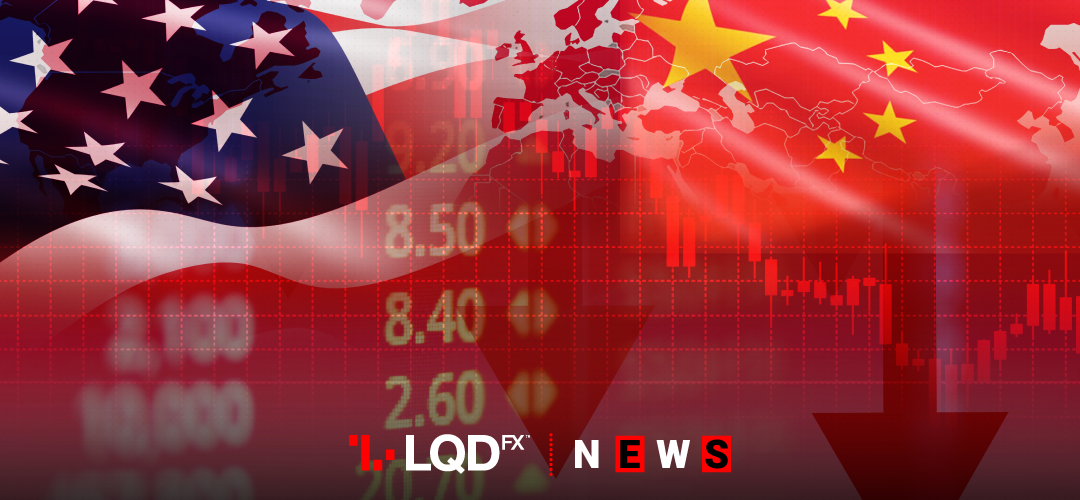As markets eye trade war saga, investors became gloomier about the global economy’s prospects amid the U.S.-China trade dispute. Traders turned to buying U.S. assets as safe-haven investments.
On the trade front, China has lodged a complaint at the World Trade Organization over U.S. import duties. China trashed the latest tariff actions as violating the consensus reached by leaders of both countries at a meeting in Osaka.
The United States this week imposed 15% tariffs on a variety of Chinese goods. Also, China began to impose new duties on a $75 billion target list in a trade war that has rumbled on for more than a year. Though the trade conflict has intensified, U.S. President Donald Trump said the two sides would meet for talks this month.
Investors are awaiting the U.S. manufacturing survey by the ISM, due at 1400 GMT, for some guidance on U.S. economic conditions.
On the Brexit front, traders fear that Britain will either crash out of the EU on Oct. 31 without a transitional deal. Or they will face an election that would sow more unpredictability when the economy is already struggling. Johnson on Monday implicitly warned lawmakers he would seek an election if they tied his hands regarding Brexit. He ruled out ever countenancing a further delay to Britain’s departure from the EU.
Traders in London said heightened uncertainty was panicking investors, as the battle over Brexit reaches a crescendo this week.
START TRADINGForex – Markets eye Trade War dragging global economy
The dollar climbed to a more than two-year high against other major currencies. Weakness in other major currencies and a slight rise in U.S. Treasury yields in Asia helped the dollar index rise 0.22% on Tuesday to 99.37, the highest since mid-May 2017.
The euro fell to its weakest in more than two years against the dollar. A survey on Monday showed European manufacturing contracted for seven straight months. This reinforced expectations that the ECB will ease monetary policy at a meeting next week.
Pound slides below $1.20 as election threat adds to Brexit jeopardy. Sterling sunk to a three-year low below $1.20 on Tuesday. The pound, which has lost 20% of its value since Britain voted to leave the European Union in 2016, fell as low as $1.1959. Against the euro the pound fell to a two-week low of 91.47 pence, then recovered to 90.95 pence.
The Reserve Bank of Australia’s decision to leave interest rates unchanged at a record low of 1% saw the Australian dollar ease 0.11.
The New Zealand dollar skidded to $0.6270, the lowest since September 2015.
Oil prices weakened more than 2% on Tuesday, weighed down by rising OPEC and Russian oil output. The protracted U.S.-China trade dispute that has dragged on the global economy weighed too. U.S. crude was down $1.80, or 3.27%, at $53.30 a barrel by 1305 GMT. Brent crude was down $1.28 or 2.18% at $57.38.
Gold prices held steady as markets eye trade war worsen and Brexit offset pressure from a stronger dollar. Spot gold was down 0.1% at $1,529.40 per ounce at 1145 GMT, but still not far off its more than six-year high of $1,554.56. Silver slipped 0.1% to $18.44 per ounce.
PLEASE NOTE The information above is not investment advice.
Sources: Reuters, Investing, CNN money
